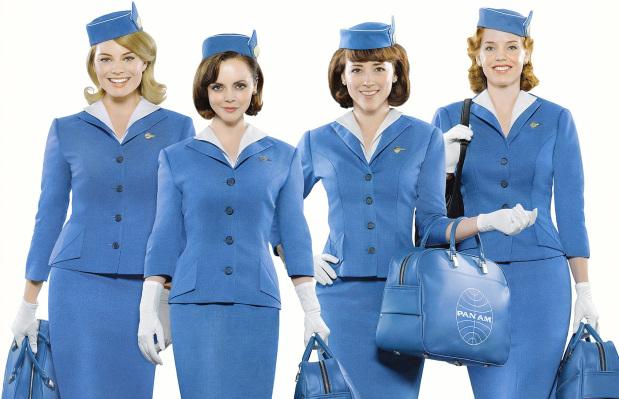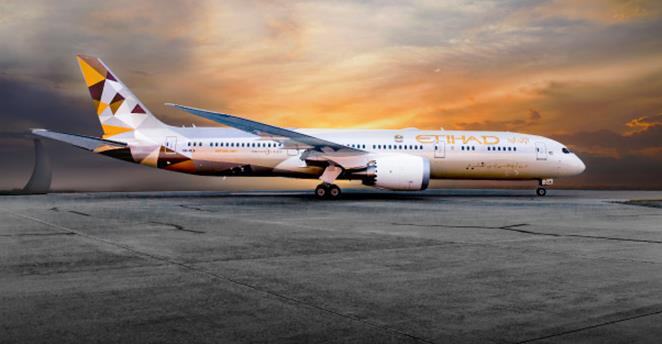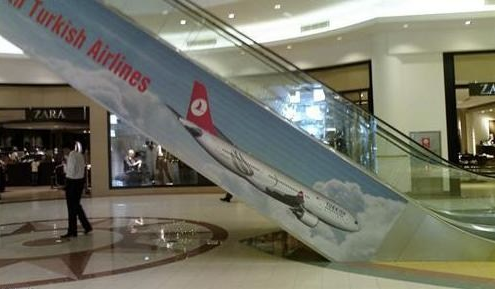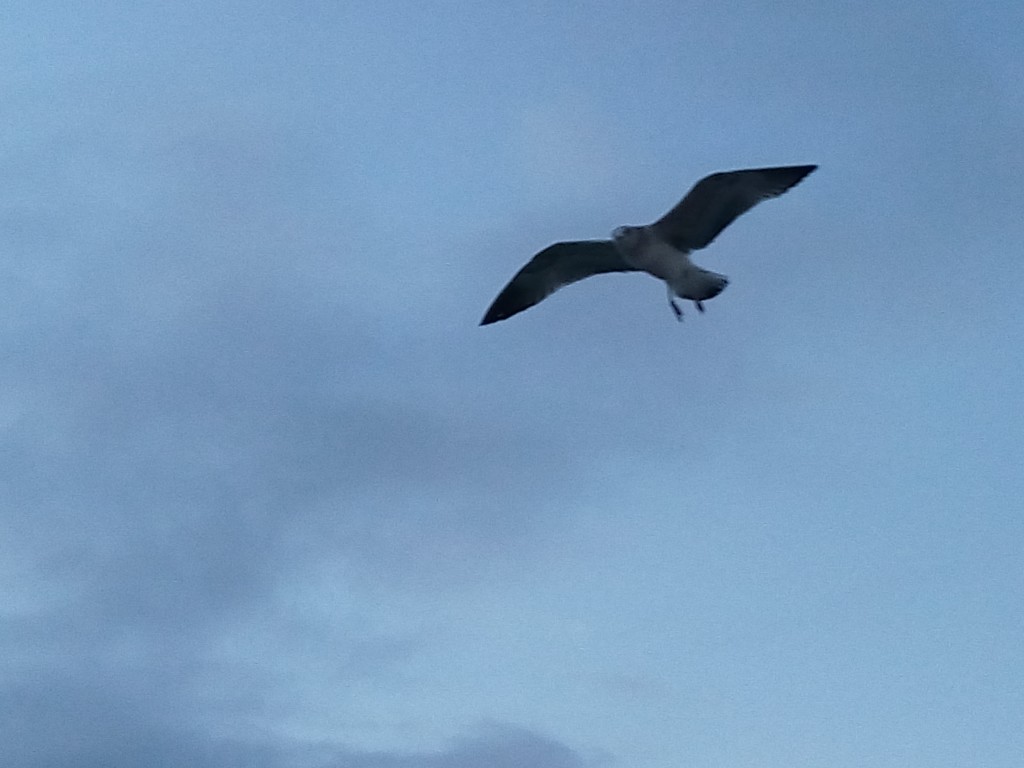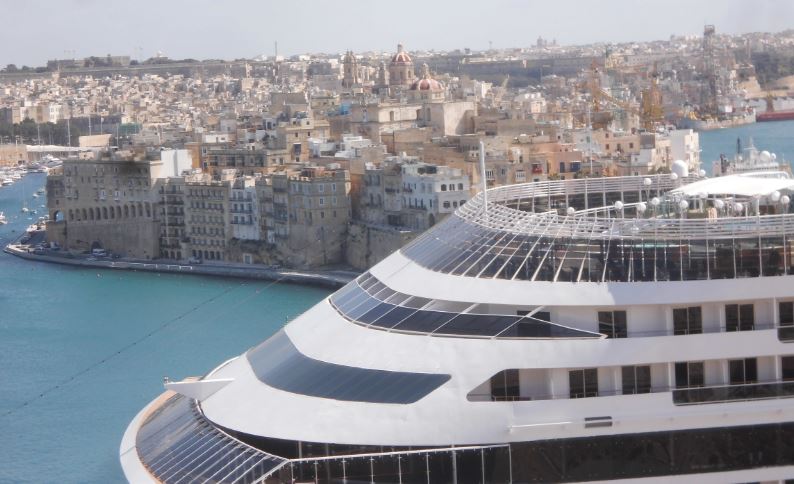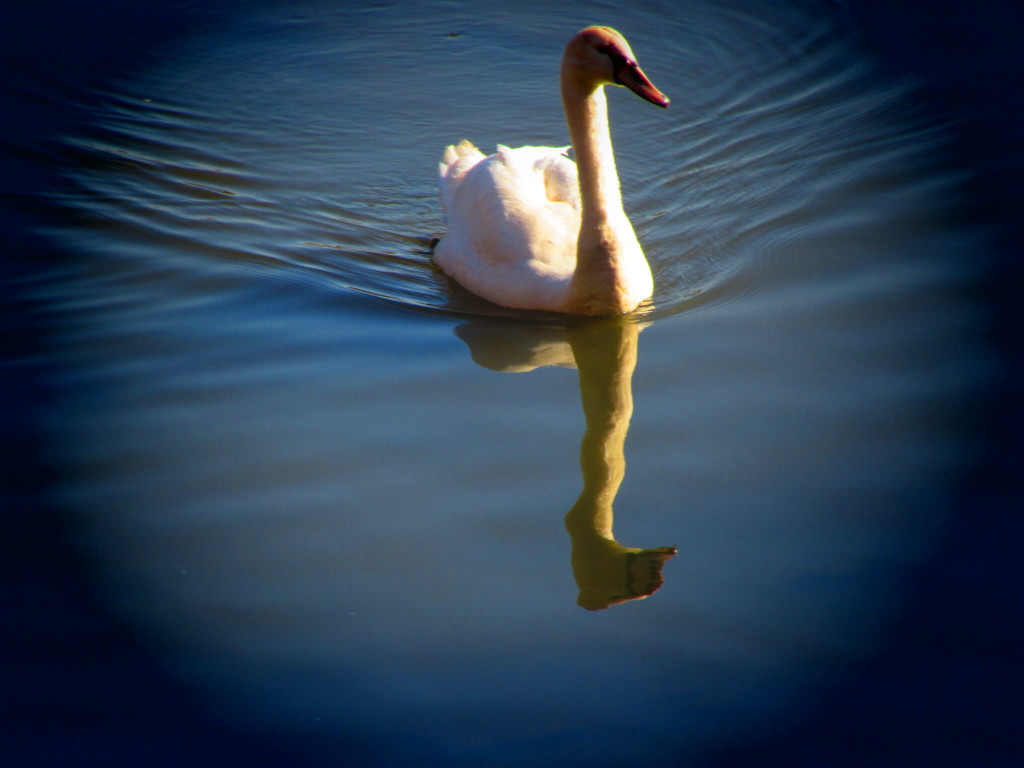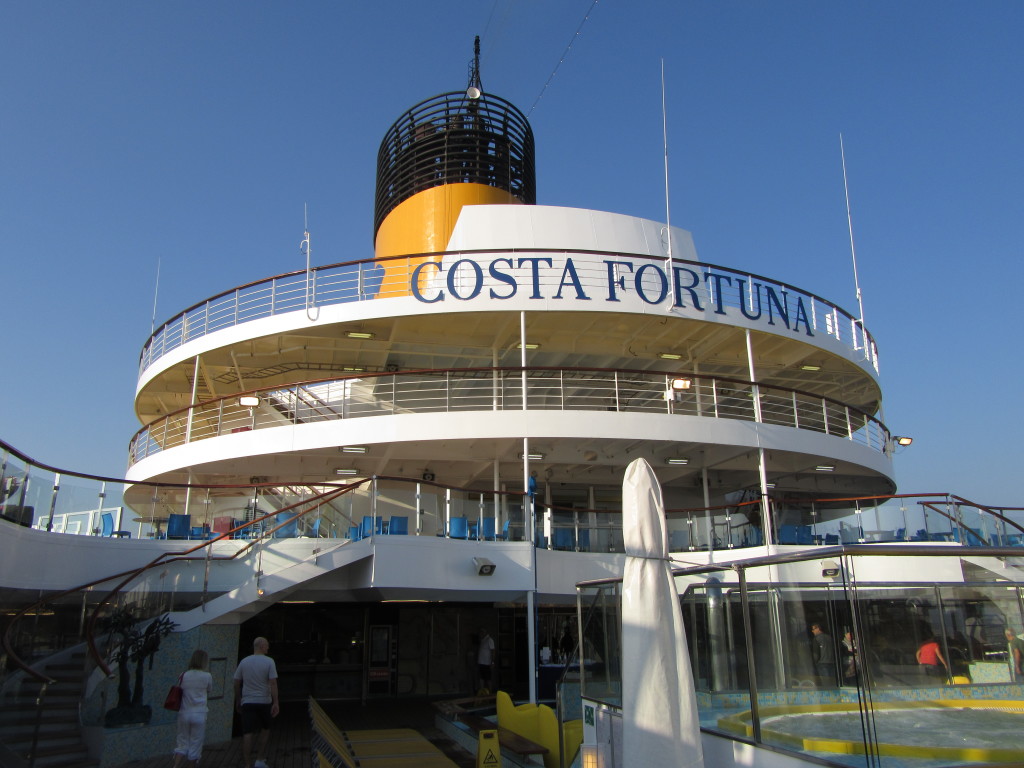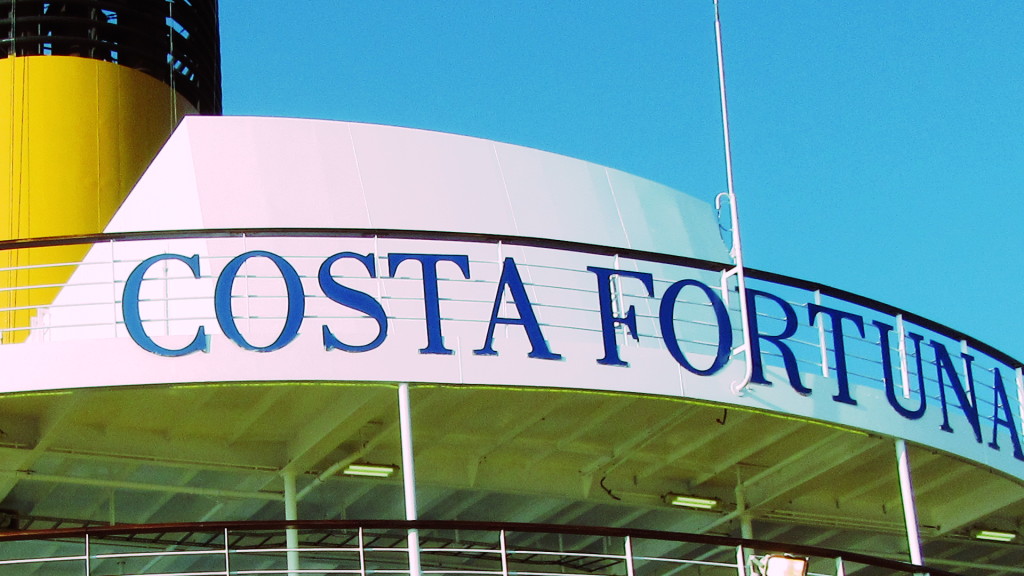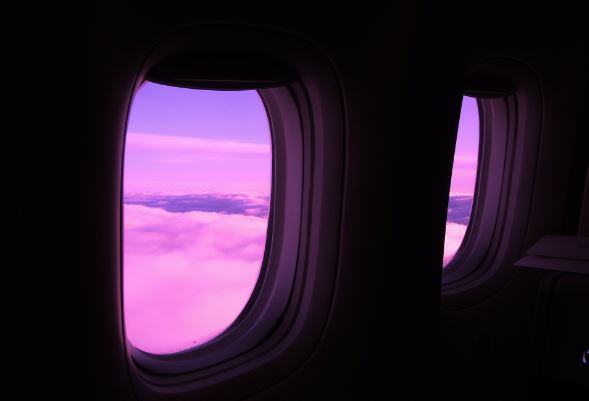I’m going on a winter holiday cruise, a roundtrip from Dubai, taking in Muscat, Kashab and Abu Dhabi. This post will trace my steps from booking to getting on to the ship. It will be updated regularly until I’m onboard on January 15. New posts will be placed above the old ones, so read from the bottom up.
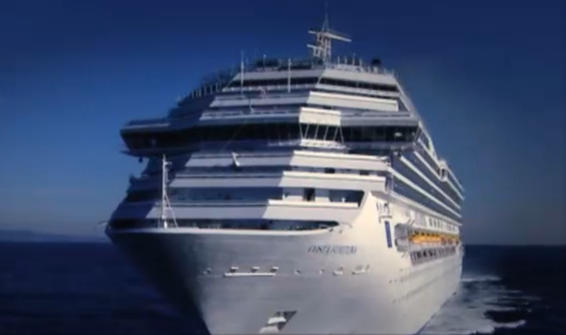
Thursday, January 14: My cruise starts tomorrow, Friday. I’ll be blogging it, of course, on this site.
Wednesday, January 13: I’m checking the final details of the cruise and the paperwork seems to confirm a boarding time of 8pm on Friday. That’s a little unusual, as all other cruises I’ve taken have embarkation times in the early afternoon. It means I have more time to get from home base in Abu Dhabi to Dubai, but it also seems to mean that my cruise will be several hours shorter than I thought. Even if I do get extra time to disembark on Friday week, I have an appointment that will mean an early trip back to Abu Dhabi.
Monday, January 11: I’ve received an email receipt from Costa. My itemised account notes total services worth $3,373.65, with $17 for insurance an $165 for port charges. It also notes a discount of $2,455.70, meaning my final bill is $1,099.95. A great deal for seven days of full board, accommodation with a balcony and ocean view, and unlimited drinks, plus stops at four ports. Of course, I will end up spending more if I decide to take excursions or make other purchases either onboard or at the port, and I will have to find my way to and back from Dubai, but that’s still a solid bargain.
Thursday, January 7: I’ve written elsewhere about the price of internet access for travellers, but it’s worth noting again in the context of cruises. Its website quotes a rate of 48 euros or US$65 for a three-hour package, with a 3-euro set-up fee. That’s not cheap, but cheaper than the others. NCL, for example, charges $75 for a 100-minute package and has introduced unlimited daily use for between $24.99 and $29.99 a day, depending on the length of the cruise. (Apparently there are some great new deals going round, and there’s more on the subject here.)
Tuesday, January 5: The new documents for my cruise, reflecting the addition of the beverage package, have arrived by email. They include the form I have to sign and present as I check in (along with, I am fairly confident, a declaration that I have not displayed signs of cold or flu for the past few days — a move designed to limit the threat of norovirus), the small print that I must agree to, and my baggage tags. So far, so good.
Monday, January 4: I’ve just noticed this news story about plans to modernise Muscat’s waterfront. It won’t be ready for my trip, of course, but it will hopefully augment an already quite-beautiful spot. I like Muscat because it is more laidback than Abu Dhabi and Dubai. I hope it doesn’t lose that charm.
In other news, I finally relented and rang Italy to book my beverage package. I still can’t work out why it couldn’t be done online, but the upshot is that I had to pay US$223.95 for premium coffees, beer, wine and spirits for the entire 7-day journey. It’s a good deal — especially since it includes perfectly made Illy coffees, which are the best I’ve had at sea. And the man who answered the phone was very pleasant and helpful.
Update: I just did the sums on that. The total price per day, for cabin, all meals and all drinks is about US$157 a night. For about the same as the room-only rate for a four-star hotel well away from the action in Dubai, I get a balcony with ocean room, a choice of entertainment, pools, gym and other activities, and stops in Dubai, Abu Dabi, Muscat and Khasab. It’s hard to beat that value.
Friday, January 1: Although the beverage package isn’t bookable online, shore excursions are. I have taken these trips on previous cruises but my understanding is that many frequent travellers don’t book excursions offered by the cruise company. These reasons given are that they are too expensive and not flexible enough to cater for personal tastes. The “in-the-know” people, apparently, book excursions from other operators, including those who flog their wares at the cruise terminal. The downside to these is that you may be ripped off by an unlicensed and/or unethical operator and, as the ship’s excursion department is sure to tell you, the boat won’t wait for you if you arrive back late. I don’t think I’ll be taking an excursion in Dubai, and I certainly won’t be taking one in Abu Dhabi, where I have lived for the past almost-four years. But maybe I’ll book something for Oman …
Thursday, December 31: An email reply for Costa says I can buy the beverage package on the ship, which I really don’t want to do because I know it will be a hassle. I might make the phone call. Meanwhile, the paperwork for the trip arrives by separate email.
Wednesday, December 30 (later): The website won’t let me book the beverage package — about 25 euros per day for all-you -can -drink coffees (it’s an Italian ship, so the coffee is great), and selected beers, wines and spirits. So, I email Costa and get a reply telling me to ring them in Italy. I email back asking if there’s any way I can do it without having to make an expensive international phone call.
Wednesday, December 30: I’ve opted for a cruise on the Costa Fortuna.I’ve been on this ship and this itinerary — Dubai, Muscat, Khasab, Abu Dhabi, Dubai — before, and I enjoyed the experience. Using the Costa Cruises website, I’ve secured a cabin with balcony for US$876. The price includes all meals and accommodation for seven days, plus insurance, making it much better value than a hotel stay in Dubai at this time of the year. The low price reflects my membership of the Costa Club, which benefits frequent passengers, but a newbie could probably secure a similar deal because it seems there is plenty of availabilit. Significantly, the price is for single occupancy. Couples can be pay that amount each to share a cabin. Bargain hunters might want to note that inside cabins — those in the middle of the ship with no windows — can be had for about $200 less.
Tuesday, December 29: Call me greedy but the first thing I did after arriving back at work after two weeks in Australia was to secure a week off in January to take a cruise. Cruising is a relatively recent interest of mine, and it’s still a passionate one. Because I’m watching my budget, and I didn’t want to add too much travelling time to my holiday, I opted to “go local” and take a cruise from Dubai — which is just up the road from where I currently live, in Abu Dhabi. I expect that many of my fellow passengers will have flown in from Europe or elsewhere, and the cruise will be an add-on to adventures in the UAE — especially the glitzy attractions of Dubai.
